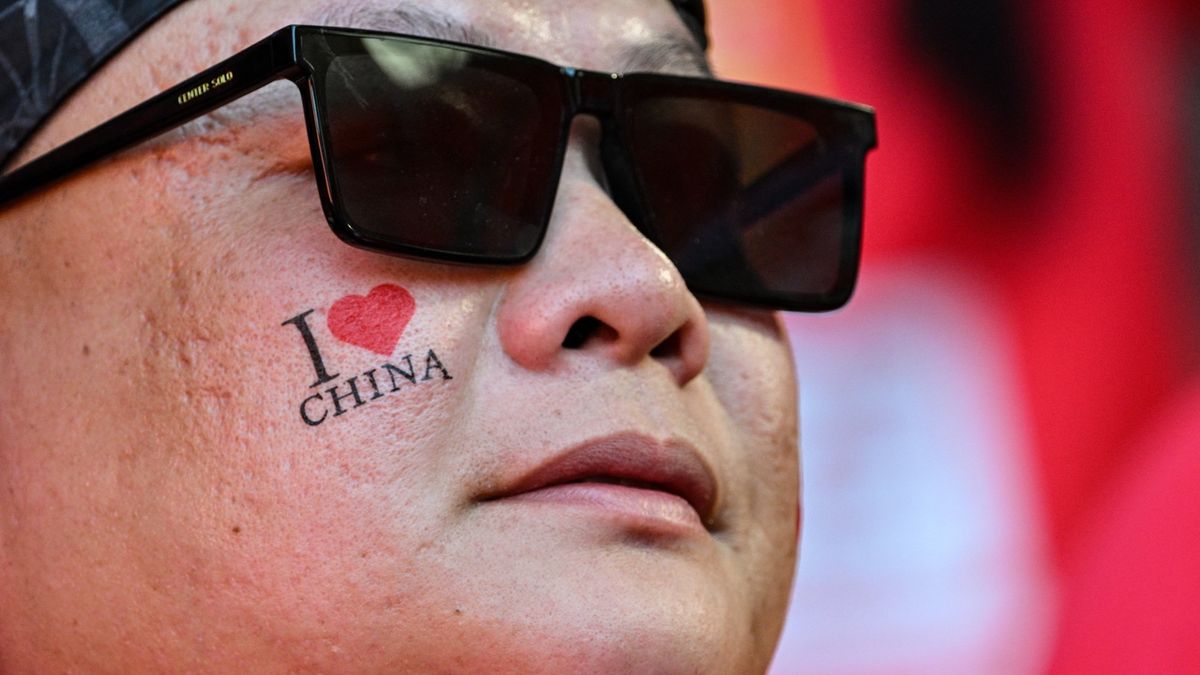China's football crisis: what's happened to Xi's XI?

China's World Cup Dreams: A Crushing Reality Check
A Billion People, and No Winning Team?
China's World Cup qualifying campaign has been nothing short of disastrous, sparking outrage and soul-searching across the nation. The question echoing through the country of 1.4 billion: why can't we find eleven players capable of victory?
President Xi Jinping's 2015 vision of China qualifying for, hosting, and winning the World Cup now seems a distant fantasy. His dream of China becoming a "world football superpower" by 2050 is looking increasingly unlikely.
From Presidential Passion to Crushing Defeats
President Xi, portrayed as a "football-mad man of the people," spearheaded a multibillion-dollar initiative to elevate Chinese football. Yet, despite this investment, China's FIFA ranking has plummeted from 81st to 90th, now sandwiched between New Zealand and Curaçao.
Last September's 7-0 thrashing by Japan was a humiliating low point, described as "shameful" and "disastrous" by Chinese media. A string of dispiriting defeats, including losses to Oman, Uzbekistan, and Hong Kong, further underscored the team's struggles.
Grassroots Growth vs. Top-Level Failure
While the national team falters, some progress has been made at the grassroots level. Community football projects have expanded significantly, with increased access to pitches across the country. Millions of young people are now playing the sport regularly, fulfilling one aspect of President Xi's vision.
The Systemic Issues Plaguing Chinese Football
Experts point to deep-rooted problems within the Chinese football system. Rowan Simons, author of "Bamboo Goalposts," highlights how state interference, contrary to FIFA rules, and political appointments within football authorities hinder development.
"The reasons for the national team's failures are pretty clear, and they tell you a lot about how the country is run," Simons told the BBC.
Creativity Stifled, Corruption Rampant
Former youth coach David Sproer notes the difference in coaching approaches between China and Europe. Chinese children are often taught that there's a single right answer, hindering the creativity and versatility crucial in football.
"It's not about perfection in football, it's also about creativity," Sproer observes. This sentiment is echoed by Ian Williams in The Spectator, who argues that China's authoritarianism stifles the "creativity and innovation" essential for success in the "open and free-flowing" game.
Adding to the woes, rampant corruption within the Chinese football body, including match-fixing and bribery, further undermines the sport's integrity, as highlighted by Edi Obiakpani-Reid on Sinobabble.